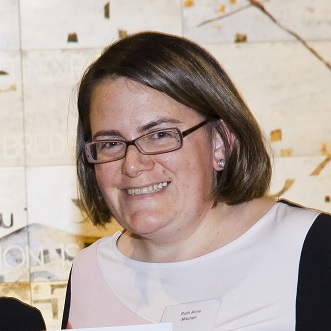
Project Summary:
As a neurosurgical trainee at the Royal Melbourne Hosptial, Dr Mitchell manages the care of patients with brain cancer. Glioblastoma multiforme (GBM) is the most common, and most aggressive type of brain cancer. Dr Mitchell sees firsthand the devastating impact this cancer has, cutting short the lives of her patients. Even with the best therapies available, this cancer has an average survival time of just 15 months.
Cancer describes a disease state in which normal cells grow and change in an uncontrolled way due to a mistake in the genetic blueprint of the cell. It forms a mass of cells called a tumour. The abnormal cells can damage or invade the surrounding tissue. A malignant brain tumour is very dangerous because when the cancer develops in the brain it can damage the ‘control centres’ that regulate our body. Over time this can affect movement and sensation in the arms and legs, cause seizures, and ultimately, death. Once diagnosed the standard treatment is surgery, radiotherapy and/or chemotherapy. In Australia the survival of patients with GBM has not improved in 30 years, so it is therefore critically important that new treatments are developed to improve the prognosis of people with GBM.
In this project Dr Mitchell will examine the cellular signals that drive this cancer and most pertinently the Epidermal Growth Factor Receptor (EGFR). The EGFR is responsible for many of the normal functions and life cycle of the cell. When a mutation occurs in the coding then the cell can go ‘haywire’. There have been previous studies that have suggested that an over or excessive expression of EGFR is involved in the development of disease and then progression to cancer.
Dr Mitchell will conduct a research study using the following methods: – Cryo electron microscopy with a nanodisc or synthetic model is studied at minus 150°C (cryogenic temperatures) so it allows the structures to be observed in their natural environment. The aim is to gain a deeper understanding of the molecular structure and function of EGFR and to see if the mutations may predict whether certain types of drugs can be targeted to halt this terrible disease . Potential therapies that target the mutant EGFR gene may be identified. – The use of cancer stem cell lines with the aim of testing potential new therapy combinations.



 The Brain Foundation is the largest, independent funder of brain and spinal injury research in Australia. We believe research is the pathway to recovery.
The Brain Foundation is the largest, independent funder of brain and spinal injury research in Australia. We believe research is the pathway to recovery.